Religion
Reflecting on Pope Francis' Legacy of Compassion and Inclusion
9
Legacy of Compassion: Reflecting on Pope Francis’ Funeral
Pope Francis' funeral on Saturday saw an unprecedented turnout of approximately 250,000 attendees, reflecting the deep admiration and respect he garnered throughout his papacy. The simple service, which took place in St. Peter's Square before he was laid to rest at Basilica of St. Mary Major, attracted a diverse crowd from all walks of life. This was not merely a ceremony for dignitaries but a poignant representation of Francis’s emphasis on moral equality and his affinity for the marginalized, which was palpable even in his final rites.In 'Pope laid to rest at Basilica of Saint Mary Major', the discussion dives into the life and legacy of a leader committed to social justice, exploring key insights that sparked deeper analysis on our end.
Inclusivity at the Forefront: Who Came to Pay Respects?
The outpouring of grief wasn’t limited to the powerful. Among those who came to honor the Pope were prisoners, transgender individuals, immigrants, and the economically disadvantaged. Cardinal Giovanni Batista Re eulogized him as a "pope among the people," highlighting the unique connection Pope Francis established with individuals on the periphery of society. His final journey was emblematic of his life's work – to serve and uplift those whom others may overlook.
The Significance of the Papal Burial Site
Pope Francis' final resting place in an underground tomb in the Basilica of St. Mary Major is itself a reflection of his ideology. Opting for simplicity over grandeur, he carried through his vision of humility as a leader. This choice underscores his messages to the church and to the world, including the pressing themes of poverty, inclusion, and global solidarity, issues even relevant in discussions of African politics and culture.
Communal Grief: What the Outpouring of Love Represents
The incredible turnout at the funeral signifies a collective mourning that transcends borders. Many within the African community resonate with Francis’s mission of uplifting the marginalized. His advocacy, particularly for issues like climate change affecting African nations, reflects an understanding of interconnected global struggles. This moment serves not just as a mourning of a beloved leader but as a loud call for justice, compassion, and unity, values that resonate profoundly in the context of African advancement.
The Unfinished Business of His Papacy
While the world bids farewell to Francis, many ponder the path forward. His teaching and initiatives focus on confronting poverty, inequality, and ethical governance resonate within African politics. For nations grappling with systemic issues, the Pope's perspective on inclusivity could prompt serious reflection. It invites African leaders to evaluate their role in fostering a society that truly prioritizes the greater good over personal gain.
Francis' Call for Unity: Lessons for Contemporary Society
Pope Francis constantly called for a global community marked by solidarity. His legacy encourages people globally to break down barriers around race, religion, and socioeconomic status. Embracing his vision could transform societal paradigms, particularly in Africa, where diverse cultures converge and intersect. His influence calls for a reevaluation of our efforts towards cooperation and understanding, vital in a world currently swayed by division.
What Lies Ahead: Future of the Papacy and Global Unity
As Pope Francis takes his place in history, anticipation builds around his successor. The potential for the next pontiff to continue his legacy in addressing global crises is immense. The need for compassionate leadership resonates, particularly in light of challenges like climate change, migrations, and health crises, which are profoundly felt across the African continent. Now, the question lingers: will the church continue to champion the causes that Francis held dear?
In conclusion, as we reflect on the remarkable legacy of Pope Francis, it becomes clear that his vision of a united and compassionate world is more relevant than ever. His funeral, attended by many diverse representatives, lays bare the challenges that persist but also shines a light on the hope for a future grounded in inclusiveness and equality.

 Add Row
Add Row
 Add
Add

 Add Row
Add Row
 Add Element
Add Element
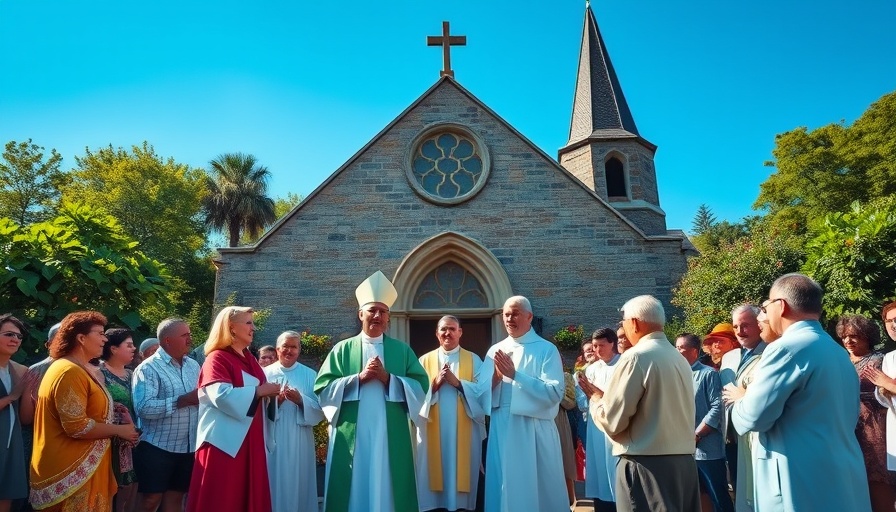
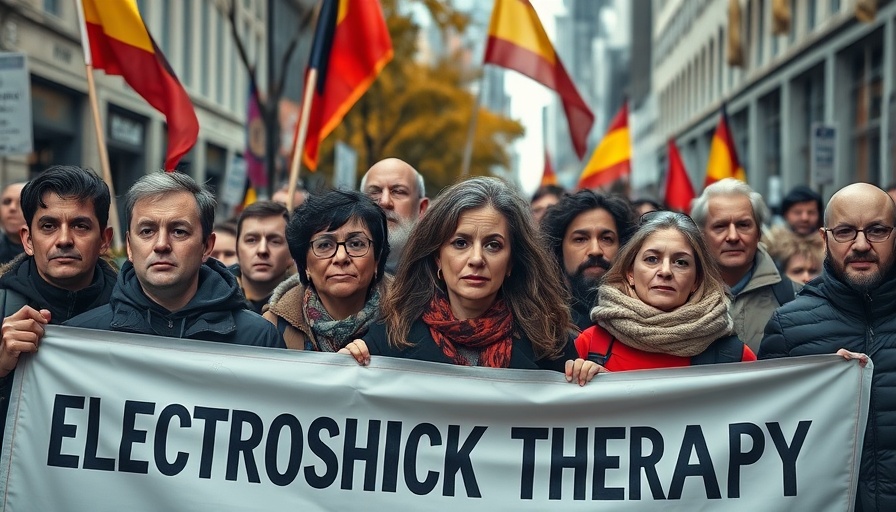
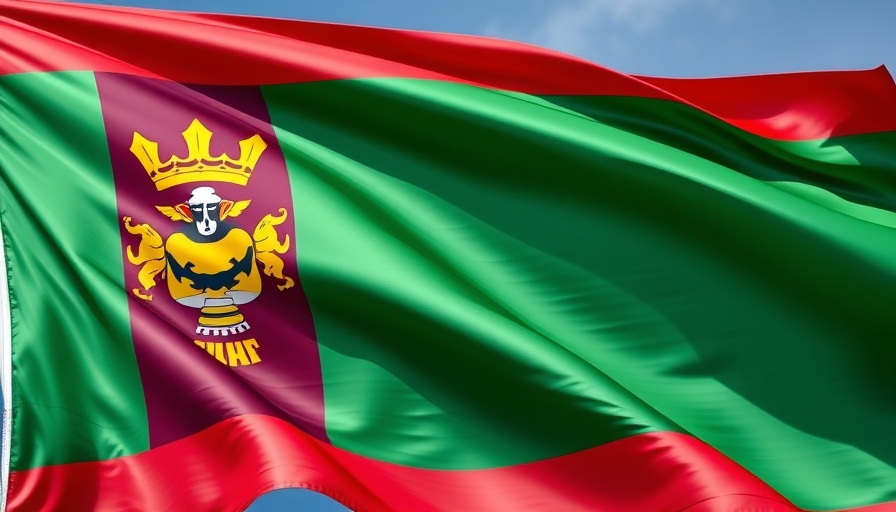
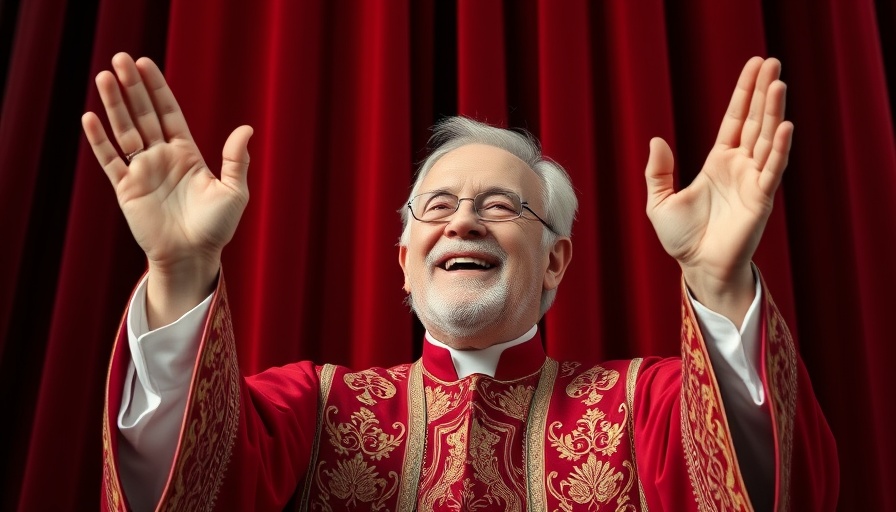

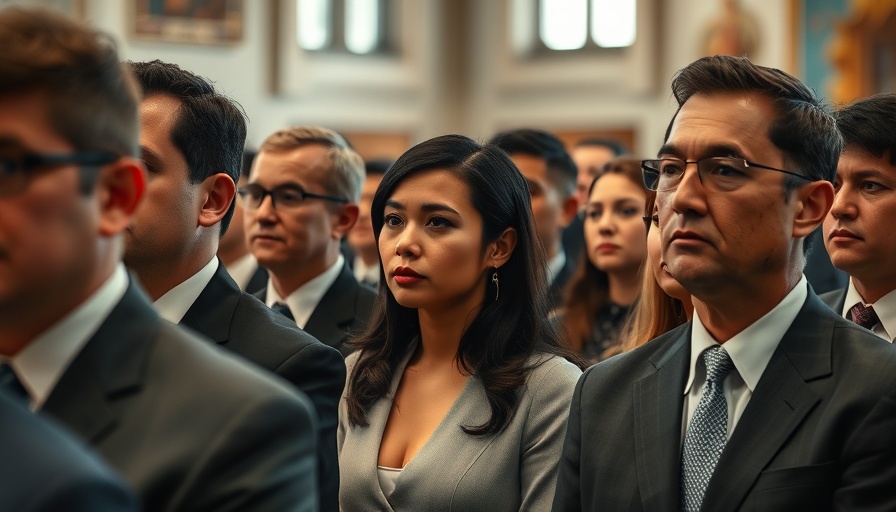
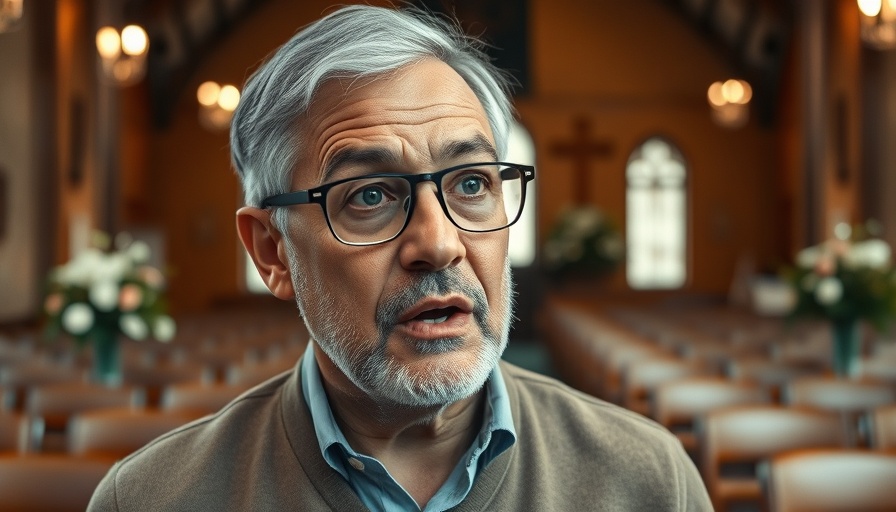
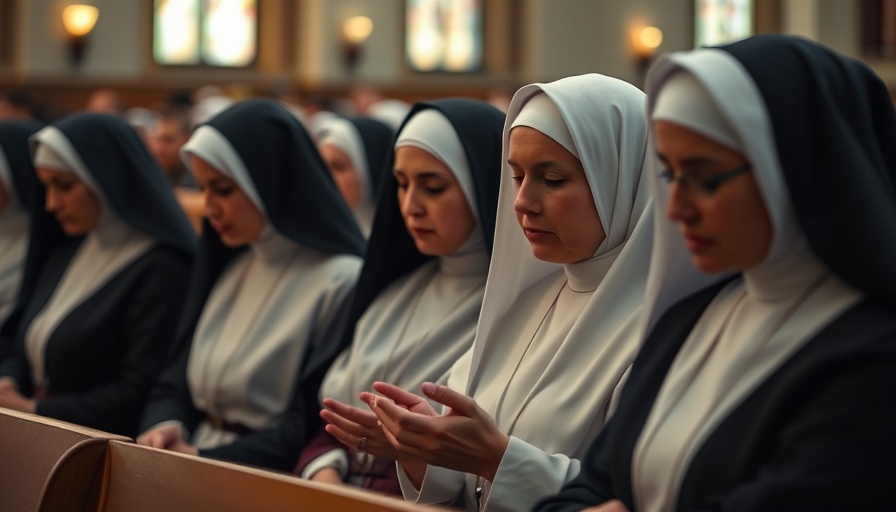
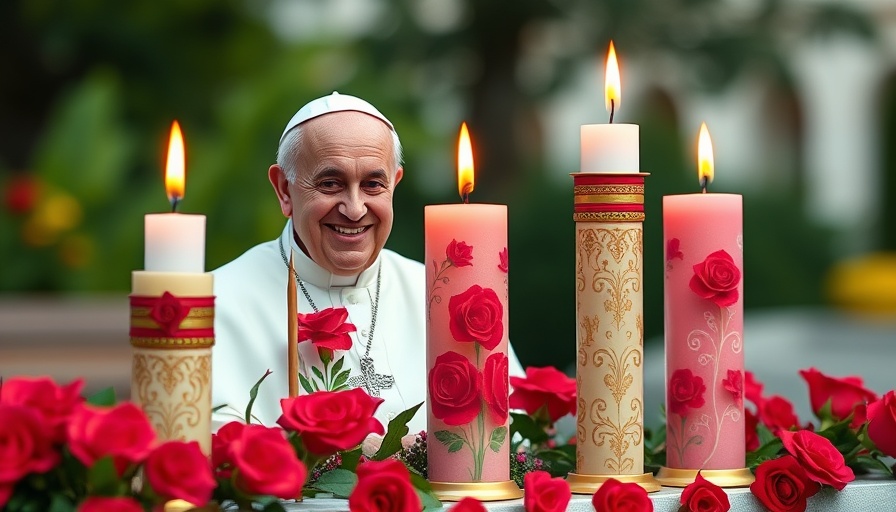





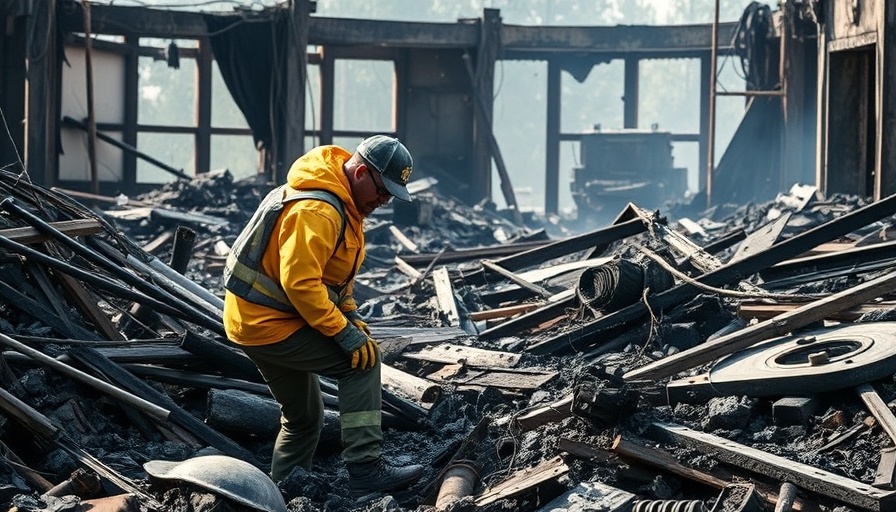
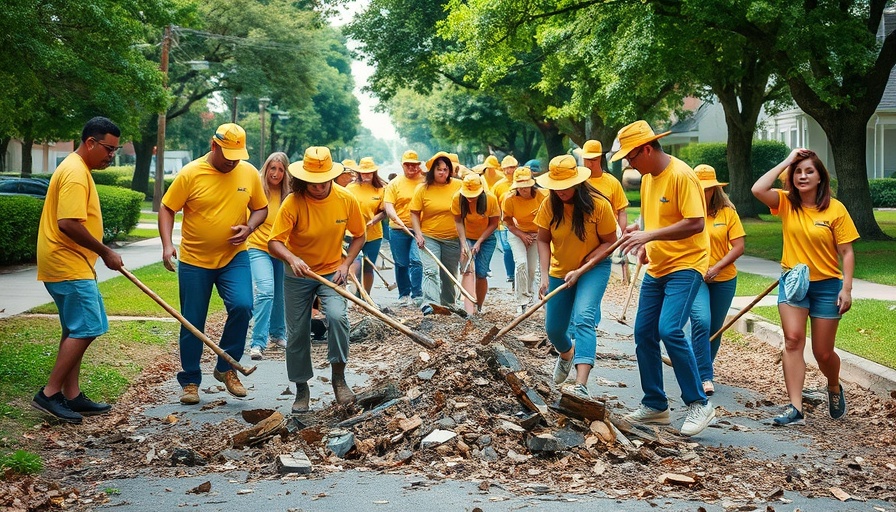
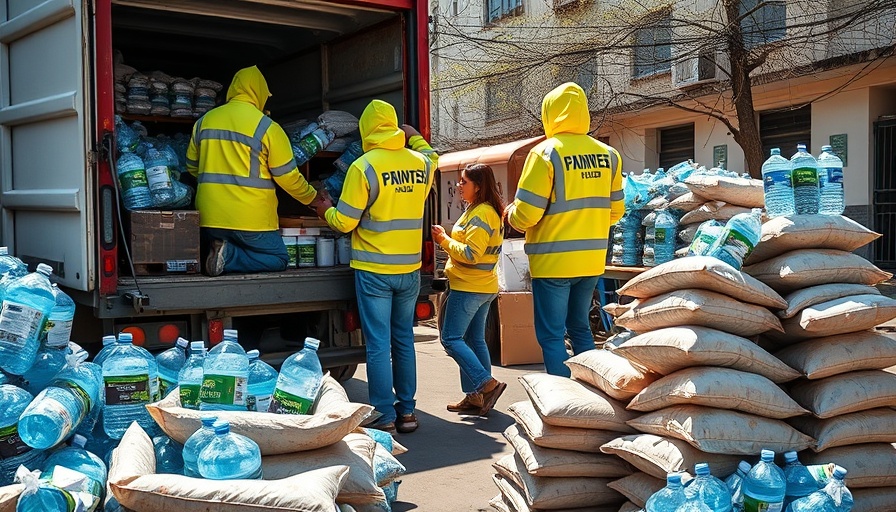
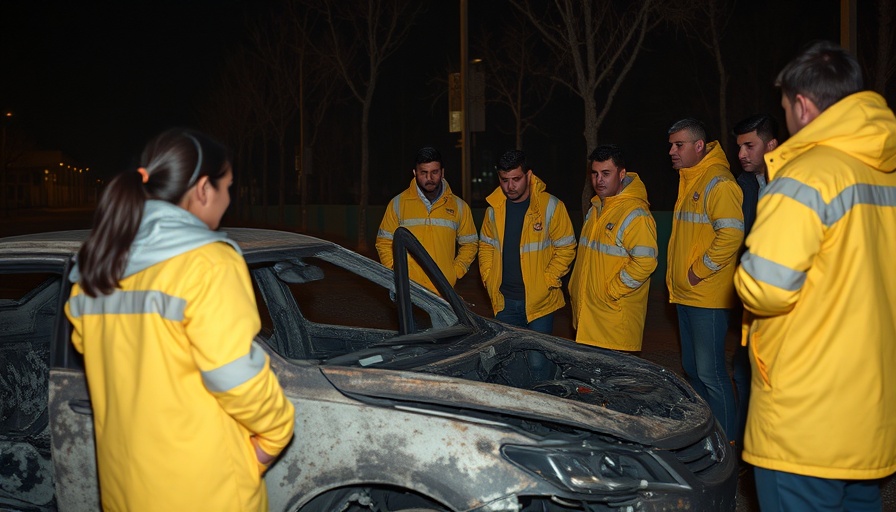

 Add Row
Add Row
 Add
Add